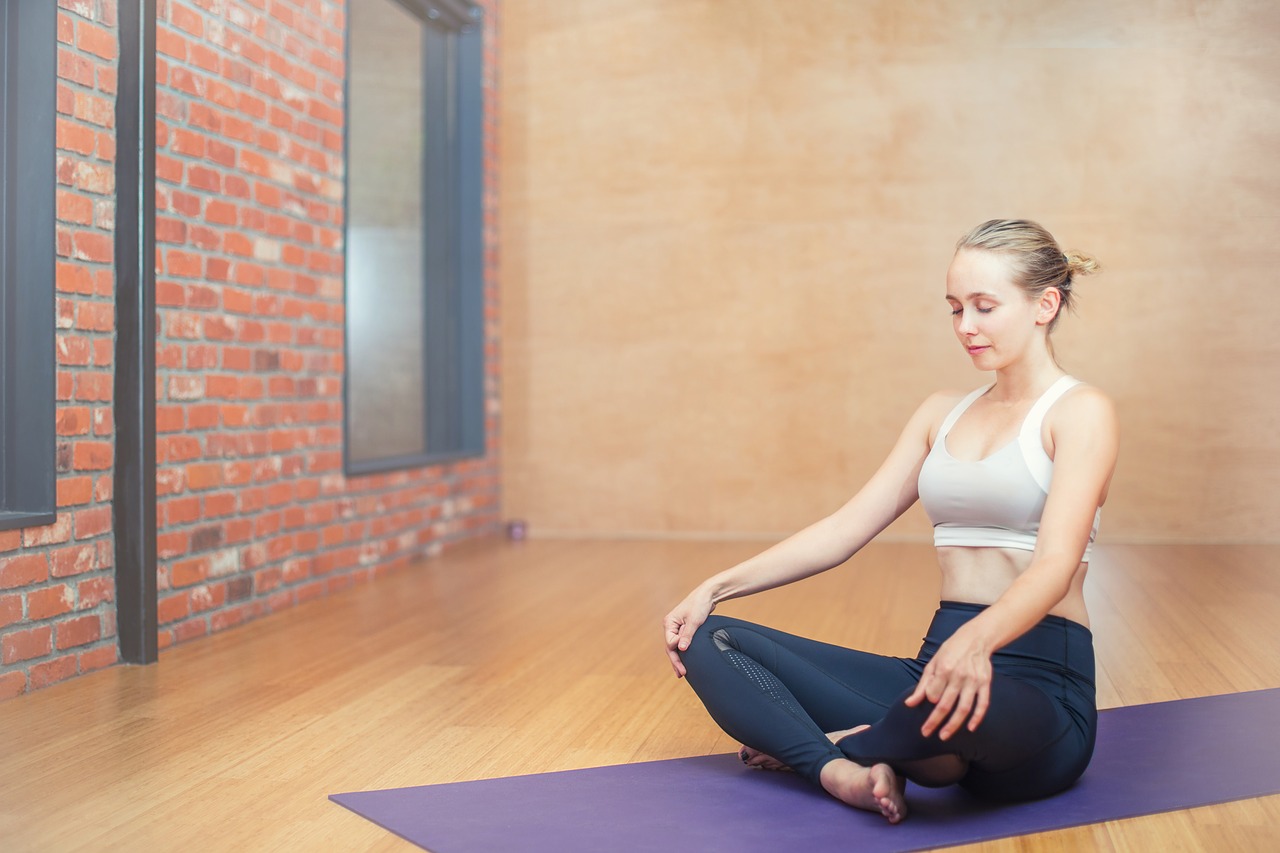If the thought of going to a holiday party full of strangers or shopping in the holiday chaos of the mall gives you anxiety, you are not alone. Millions of Americans deal with some sort of anxiety disorder every day. You may think this form of anxiety is only a type of shyness or nervousness, however, if it gets in the way of you enjoying and functioning in your daily life, there’s probably more to it than just anxious butterflies.
According to the Anxiety and Depression Association of America (ADAA), even though anxiety disorders are highly treatable, only 36.9% out of the 40 million adults suffering from it seek treatment. Yet, with treatment, anxiety disorders can become very manageable.
Some of these treatments include cognitive behavioral therapy (CBT), medication, counseling, and self-treatment. In some cases, a person with anxiety can tackle that anxiety on their own.
To get you started, we have compiled a list of our top 7 tips to help you to overcome your anxiety.
1. Stress Management
You can manage your stress by limiting potential triggers, decreasing procrastination, and organizing your life both professionally and personally. By cultivating a life that brings you peace rather than stress, you are on your way to a less anxious tomorrow. This means making to-do lists of deadlines, tasks, and important events so that you are not surprised or overwhelmed by them. This also means being proactive rather than reactive when it comes to life’s pressures and events. Think ahead, plan, and prepare. Each of these things will help you to set yourself up for success against anxiety.
2. Support Network
Talking out our anxieties is a great way to reduce them. Not only that, but talking them out with friends, family, or a counselor that you trust is imperative. Try not to let your stresses build up over time. Even if you think it is a meaningless or trivial stress, let it out and move forward from it.
3. Exercise
Participating in some kind of activity every day that gets you moving and gets your heart rate up is a great way to reduce anxiety. Exercise releases endorphins in the brain, which makes us feel good. In addition, by exercising we are also improving our self-image.
4. Breathe
This may sound simple, but not many of us breathe in a way that is stress-reducing. Taking a minute to slow down and truly focus on the breath is a fantastic way to keep us grounded. This could be simply taking a few deep breaths at your desk during a busy work day, during a warm bubble bath at home, during a meditation session, or while practicing yoga. Focusing on our breath and breathing deeply helps us to regain perspective on what is truly important and be more present.

5. Journal
At the beginning or end of every day, take five minutes to keep a journal about your day. By reviewing our day in a positive light, we can help to replace negative thoughts with positive ones.
Some possible things to write about:
- 3 things you are grateful for
- What would make today/tomorrow great
- What you could’ve done better today
- What you are looking forward to tomorrow
6. Eliminate Stimulants
If you are prone to anxiety, it can be helpful to consume less caffeine, tea, soda, and chocolate. These stimulants can sometimes be the very things that are stimulating our anxious behavior. If there is anything else that makes you feel jittery, eliminate those too.
7. Sleep
You’ve heard this time and time again, because it is true. Sleep is pertinent to your well-being and vital in reducing your anxiety. Too little sleep can negatively affect your mood leading to a higher risk of depression, anxiety, and irritability.
If your anxiety is keeping you from getting the good night’s sleep you deserve and, therefore, creating a vicious cycle of bad sleep and anxiety, try the following tips:
- Go to bed at the same time every day, including the weekends
- Turn off the television and put down the phone 2 hours before you plan to go to bed
- If you can, turn the lights in your home red
- Keep distractions out of your bedroom. This means no television and no phone in the room. If you depend on your phone as an alarm clock, purchase a device that is only an alarm clock.
- Read, listen to music, take a bath, meditate, or stretch before bed
- If you are still in bed after 20 minutes, get out of bed and do something relaxing until you feel tired. Then try again.
If you try the tips above and are still struggling with your anxiety, it might be a good idea to seek professional help in the form of counseling or therapy. A professional can help you to identify underlying issues that are causing you anxiety that you may not be aware of. They can also create a catered list of tips and tools just for you to help you to combat your anxiety.
Anxiety can be managed in many ways. Learn how we can help.

